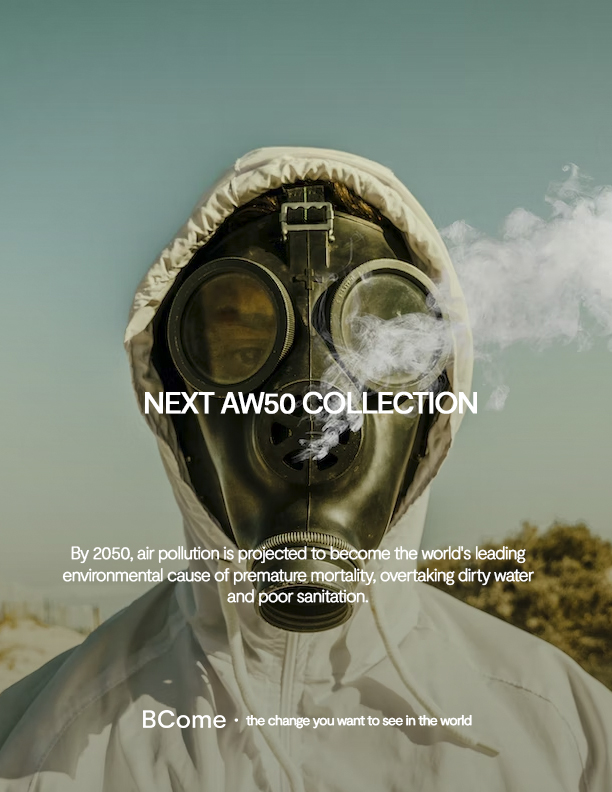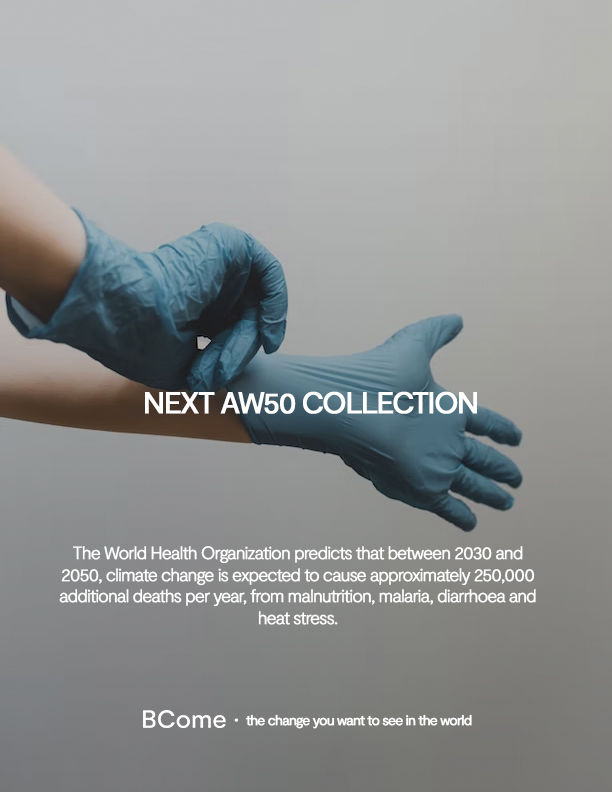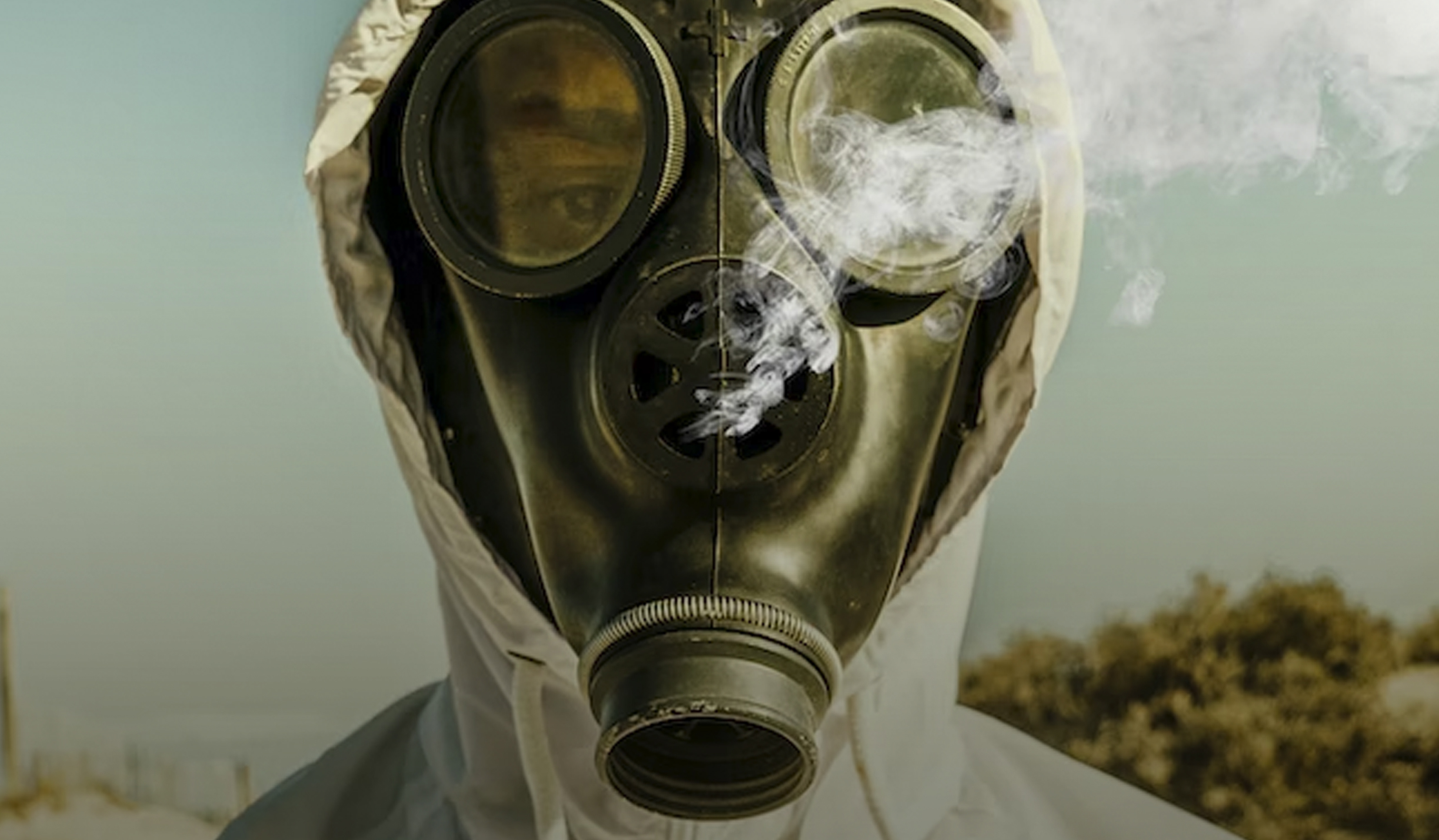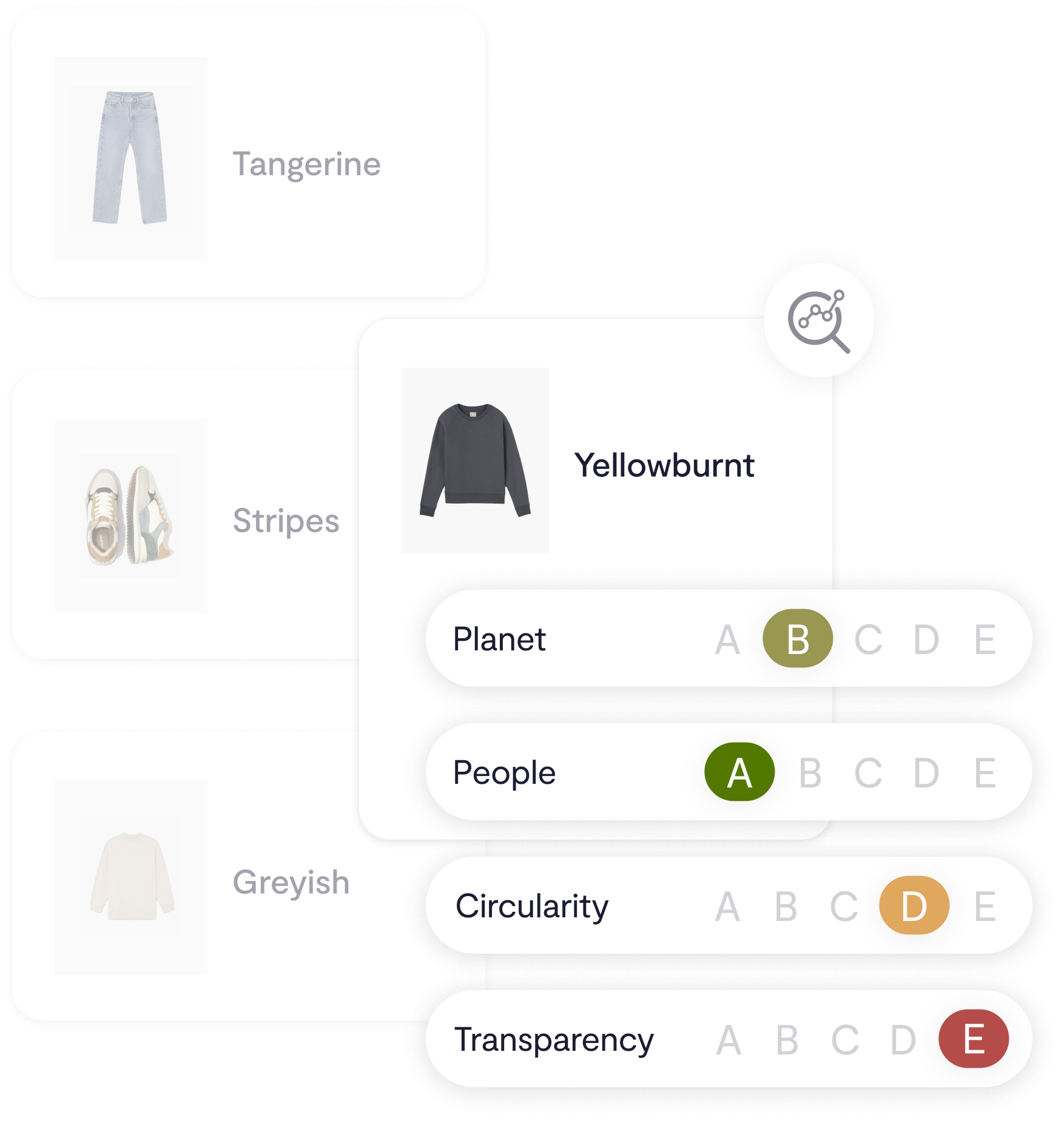We were unable to mobilize a collective response to climate change. The Sustainable Development Goals set for 2030 were not achieved. Global temperatures have increased by 3 degrees celsius to 6 degrees celsius and air pollution has become the leading environmental cause of premature mortality in the world. How far away do you think this stage is? I’ll give you a hint, the latest forecasts establish that there are less than 30 years left to reach this context.
The time has come to take responsibility for the textile sector and become part of the solution
If nothing changes, by 2050 the fashion industry will use a quarter of the world’s carbon budget. According to the last IPCC report, we are facing a critical point for climate change mitigation. The need to limit global warming to 1.5ºC implies immediate reductions in carbon emissions from the fashion industry. While some brands take advantage of the International Day against Climate Change to publish their commitments around carbon neutrality, the urgency to cut greenhouse gas emissions in half by 2030 means that the measures defined to achieve the carbon targets might not be enough. Global warming is real and fashion is part of the problem. The time has come to take responsibility for the textile sector and become part of the solution.

In 2017 it was estimated that if the fashion industry was a country, it would be the sixth emitter of greenhouse gases in the world. The fashion industry represents between 2% and 4% of global emissions. An alarming figure that could increase by around 30% by 2030 if the trend continues, reaching an estimated 2.7 billion tons of CO2 according to the Fashion on Climate report.
A temperature rise of 2°C above pre-industrial levels would render most of the land uninhabitable, due to major heat waves, droughts and other natural disasters.
Building a better industry requires cooperation, awareness, knowledge and action
However, beyond giving awareness to the most catastrophic data, at BCome we consider that acknowledging the responsibility of fashion as part of this great problem allows the industry to develop capacity for action to contribute to its solution.
Fashion needs a deep and systemic change through collaboration, total transparency and disruptive solutions. Building a better industry requires cooperation, awareness, knowledge and action.

Many fashion brands often fail to know their overall footprint because they don’t know how their raw materials are grown or what kind of electricity the factories where they are processed use. Developing the complete traceability of the supply chain will be essential to have direct control over it and have the ability to reduce the impacts derived from it. Evaluating the emissions caused by your activity through Life Cycle Assessment eases the detection of points of high environmental risk and the implementation of appropriate actions to mitigate them. On the other hand, it improves the efficiency of the supply chain by preventing the impact from being transferred to later stages.

As a consequence of the climatic emergency in which we are immersed, it’s considered essential that the fashion industry develop measures that guarantee the regeneration of the system.
Time is running out to meet the objectives set for the year 2050 and limiting the increase in global temperature requires going beyond the mere reduction of the impact, the time has come to implement systems that enhance climate positivity.
At BCome we are committed to creating a positive, measurable and scalable impact, quantified through data that provides knowledge and value. It’s time to guarantee the creation of fashion that is more respectful of the planet and the people who live on it.






